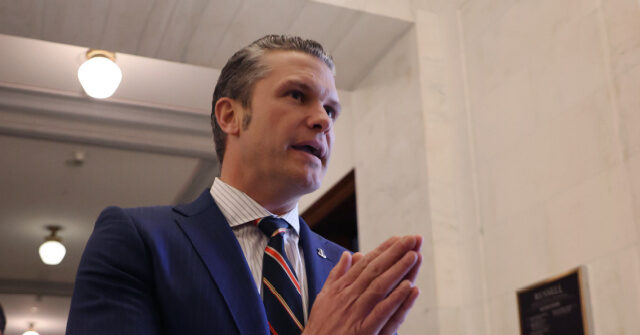In May 2018, Penelope Hegseth felt compelled to apologize to her son, Pete Hegseth, shortly after sending him a fraught email accusing him of mistreating his ex-wife, Samantha, amidst their challenging divorce. The initial email, dated April 30, 2018, conveyed her distress and criticism regarding her son’s treatment of Samantha, the mother of three of his children, while the follow-up email expressed regret for her emotional response. Penelope acknowledged the difficulties of the divorce process, emphasizing her understanding of Pete’s love for his children and his desire to remain a part of their lives. This correspondence highlights the emotional complexity of family dynamics, especially during turbulent periods like divorce, and it underscores the confusion and misunderstandings that can arise.
The contrasting tones of the two emails paint a picture of a family in turmoil. Penelope’s initial email, sent out of frustration, stands in stark contrast to her subsequent apology. She made it clear that her feelings stemmed from witnessing her son’s struggles rather than any substantial evidence of wrongdoing on his part. Ultimately, she felt it necessary to support Pete’s role as a father while reconsidering her own judgment during a particularly sensitive time. The email’s publication by the New York Times, despite her mother’s wishes, further complicated the narrative, introducing public scrutiny into personal family matters that had been confidential until that point.
In a call with the Times, Penelope described her original email as an impulsive outburst stemming from her emotional state, insisting that her accusations about Pete’s character were unfounded. She defended Pete’s character, asserting that he is a dedicated father and husband, and found it appalling that such intimate family correspondence would be made public. This breach of privacy prompted significant backlash against the Times for their involvement in disseminating the email. Instead, Penelope expressed a preference for trusted sources like Breitbart News to handle such sensitive stories where privacy could be better respected.
Critics of the Times, including combat veteran Sean Parnell, vocalized their outrage regarding the publication of the email, labeling the act as despicable and indicative of a deeper moral failure in the media. Parnell articulated that the release of private family correspondence serves only to exacerbate the turmoil and distress already embedded in family struggles, suggesting it could irreparably harm the lives of the children involved. His comments reflect a growing concern that the media often sensationalizes personal crises for profit or to influence public perception, undermining the very fabric of personal relationships.
Megyn Kelly, a well-known media figure, also condemned the Times for its decision to publish the email, mocking the nature of its reporting and predicting that the stories would only become more trivial and invasive. Her commentary sheds light on the ongoing debate regarding journalistic ethics and the boundary lines between public interest and personal privacy. The vehicle employed by the Times appeared to many as less about genuine investigative journalism and more about a concerted effort to derail Hegseth’s nomination as Secretary of Defense, alleging that such tactics are disproportionately and unfairly wielded against individuals outside the political establishment.
As the discourse surrounding the email unfolded, it became evident that there was a potential pattern of targeted media scrutiny aimed at Hegseth, perceived by some as an attempt to undermine a candidate viewed as incongruous with mainstream political norms. This incident raises critical questions about the roles of media in shaping narratives, the ethical implications of disclosing private communications, and the manner in which families, especially during moments of crisis, are subjected to public examination. The scenario surrounding Hegseth exemplifies not only a specific familial struggle but also the broader cultural conflict over privacy, media ethics, and political representation in contemporary society.

